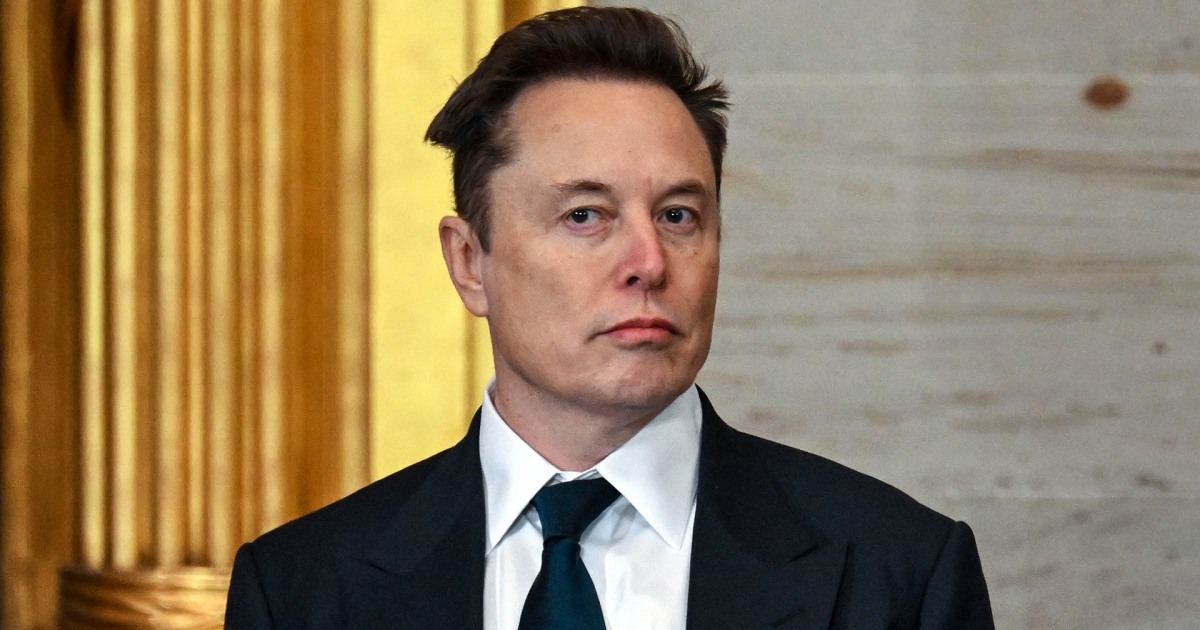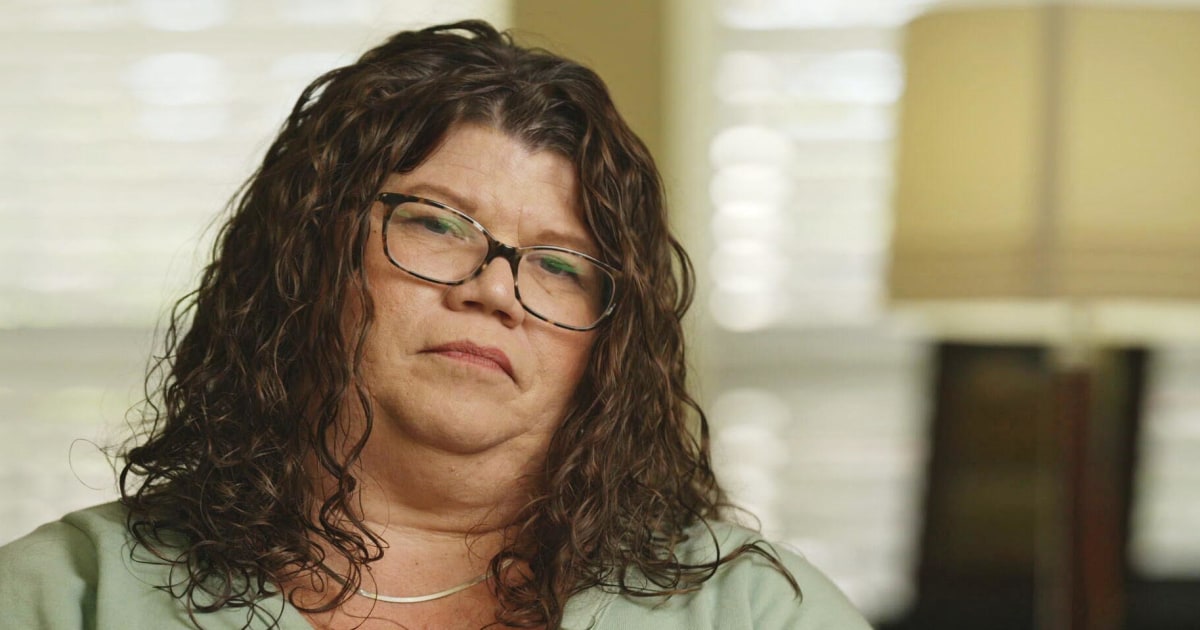
Earlier this month, DFL Sen. Liz Boldon of Rochester introduced the Minnesota Medical Debt Reset Act. This bill, if it became law, would grant $5 million from the state's general fund to the nonprofit organization Undue Medical Debt.
That organization, in turn, would use that $5 million to “buy and forgive” up to $500 million of medical debt for an estimated 250,000 to 400,000 Minnesotans. One could see this as little more than a state-funded accounting gimmick. Some of this debt is still on the books of medical providers, while some of it has been “sold” to collection agencies.

Neither the hospitals nor the debt collectors have any realistic expectation that these debts will be paid, so given the choice between further futile collection efforts or settling for one cent on the dollar, they will take the penny and close a bunch of unproductive files. Clearly, this would not be a bailout for medical providers. In 2023, for example, Mayo Clinic's income-based charity care program reduced patients bills by $57.
8 million, and the clinic also wrote off nearly $90 million in unpaid patient bills as bad debt. We suspect Mayo would see little, if any of the Medical Reset money — and even if all $5 million came to the clinic, it would barely make a ripple in Mayo's finances. But for the people who currently fear going to the mailbox, answering their phone or checking their email, the Medical Debt Reset Act would provide welcome relief.
Medical debt is unlike a car loan, a student loan or other forms of consumer debt. It's often unexpected, is seldom incurred willingly, and often coincides with a reduction in income due to lost time at work. Making matters worse, the consumer of medical care has little, if any, opportunity to shop around and compare prices.
When your child develops severe stomach pain and a fever at 2 a.m., you don't drive an extra hour for a discount appendectomy.
You rush your kid to the nearest ER, pray for good news from the surgeon — and then go home to await the barrage of envelopes that will reveal how much you owe. If you've never received a collections letter from a hospital or been contacted by a collections agency, then you likely do not comprehend the tension and worry experienced by those who have unpaid medical bills. Such debt isn't just felt when the mortgage comes due or when the car needs new tires: People with unpaid hospital bills are far more likely to delay or even avoid care for any new health problems that arise.
So the sick get sicker. Therefore, we support Boldon's bill and hope it becomes law. It would help Minnesotans whose household incomes are at or below 400% of federal poverty guidelines, or whose medical debt exceeds 5% of their household income.
This bill is in its legislative infancy, and despite its relatively small cost, we expect it to encounter some fairly stiff opposition. Given the current state and national focus on government efficiency and eliminating fraud, critics of Boldon's bill will point out that some people routinely put medical bills on the bottom of the stack. They could pay, but they choose not to — or they drag out the process for months, even years, hoping that the hospital will just give up.
Those critics aren't wrong. Indeed, show us a state or federal program that allocates money to individuals, businesses, nonprofit organizations or local governments, and we'll show you an opportunity for someone to game the system. Look hard enough and you'll find a few dollars that weren't well-spent.
Boldon's bill, however, wouldn't have an application process, which would reduce the likelihood of fraud. The state would identify eligible households through existing financial records, and those who qualify would simply get a letter with the good news that some or all of their medical debt has been erased. That brings us, however, to a bigger question: What then? The Medical Debt Reset Act, as currently proposed, would be a one-off.
A welcome one-off, but a one-off nonetheless. A year or two later, many of those households who had their debt erased would be in trouble again. Or another family with a similar situation would take their place in debt.
Minnesota won't cure its health care system with a Band-Aid. Or with a series of Band-Aids. Uncompensated care for uninsured patients — too often received in high-cost emergency rooms — is still a big problem, but medical debt has become commonplace among the insured, too.
Premiums, on average, are up 24% in the past five years, and wages haven't come close to matching that increase. Health insurance deductibles have risen 47% in the past decade, and even households with what would be considered “good” insurance through an employer can easily incur out-of-pocket costs that top $12,000 in a single year if a family member is seriously hurt or hospitalized for an illness. Even in good economic times, few households can easily absorb that kind of unexpected financial hit — and these are not good economic times.
The cost of housing, cars, child care and groceries is through the roof. Not surprisingly, Americans' total credit card debt is at an all-time high of $1.211 trillion.
Something's gotta give. We believe most Minnesotans want to pay their own way. They don't want “charity care” or debt forgiveness.
They want a living wage that will put a roof over their heads, groceries in the pantry, shoes on their kids' feet and a decent car in the garage. They want health insurance that is affordable, and they want to know that a medical crisis won't cost them their home, their 401(k) or their child's college fund. A well-intended effort to take some medical debt off the books shouldn't distract us from a much bigger goal: to prevent that debt from happening in the first place.
.














